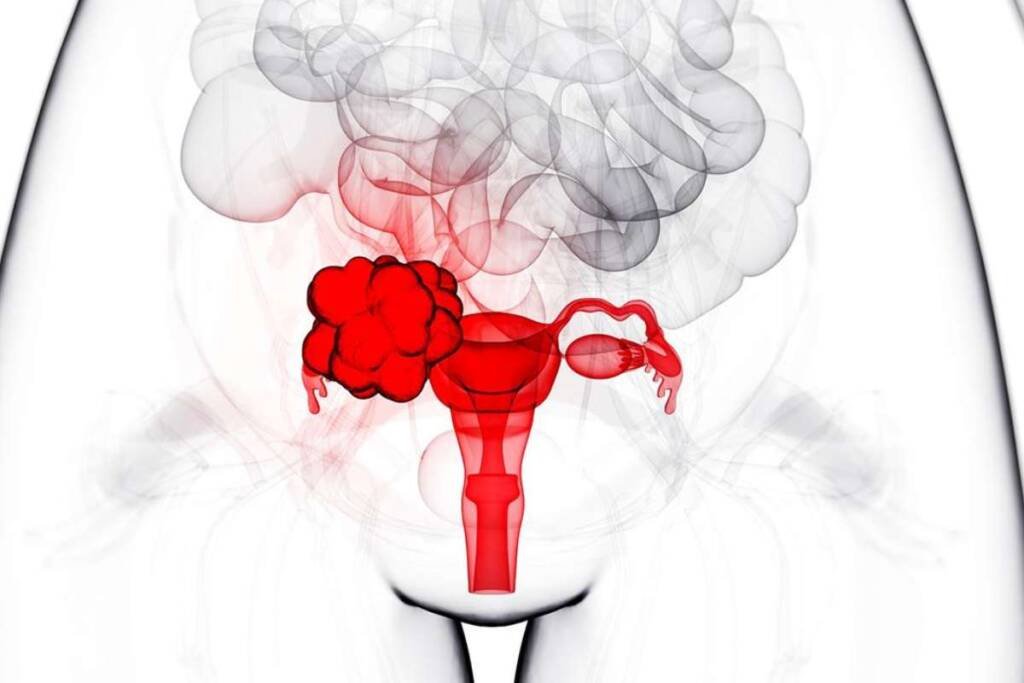Source – Aravive
The Phase III AXLerate-OC trial (NCT04300140) assessing the combination of batiraxcept with paclitaxel has not met its primary endpoint of progression-free survival (PFS) in patients with platinum-resistant ovarian cancer who have not previously received bevacizumab (Avastin) treatment.
The trial included 366 patients, and the median PFS was 5.1 months for those treated with batiraxcept plus paclitaxel, compared to 5.5 months for patients receiving paclitaxel alone. Among the subset of patients (n = 179) who were naïve to bevacizumab treatment, the median PFS was 5.4 months in both the batiraxcept combination and paclitaxel alone groups. There were no new safety concerns identified, and batiraxcept demonstrated a safety profile consistent with previous reports.
In November 2023, the FDA granted fast track designation (FTD) for batiraxcept in clear cell renal cell carcinoma patients who progressed after one or two prior lines of systemic therapy. The FTD was based on findings from the phase 1b portion of the Phase I/II AVB500-RCC-003 trial (NCT04300140), where the combination of batiraxcept and cabozantinib (Cabometyx) showed no dose-limiting toxicities. The combination also achieved a median PFS of 11.4 months and an overall response rate (ORR) of 57% in patients.
“We are conducting additional analyses on the AXLerate-OC Phase 3 trial to further evaluate the results of this study and determine the best path forward with our two other planned indications in renal cell carcinoma and pancreatic cancer. We want to thank the patients who participated in this trial, the clinical investigators, and the Aravive team for their hard work, as we continue to pursue our goal of finding innovative cancer treatments for patients in need.”
– Gail McIntyre, Ph.D., DABT, Aravive’s President and Chief Executive Officer
The AXLerate-OC/GOG-3059/ENGOT OV-66 trial was an international, double-blind, randomized Phase III study evaluating the efficacy and safety of batiraxcept in 366 patients with platinum-resistant ovarian cancer. Patients were randomized to receive either 15 mg/kg of batiraxcept or a matched placebo in combination with paclitaxel. The trial was conducted across 165 treatment sites in the United States and Europe and included patients aged 18 years and older with histologically confirmed recurrent ovarian, fallopian tube, or peritoneal cancer, and high-grade serous adenocarcinoma histology. Patients must have received 1-4 prior lines of therapy, had an ECOG performance status of 0 or 1, platinum-resistant disease, archived tumor tissue, and measurable disease based on RECIST v1.1 criteria. Normal gastrointestinal function and full recovery from treatment-related toxicities of grade 1 or less were also required for enrollment.
The primary endpoint of the trial was PFS, with secondary endpoints including overall survival, duration of response, ORR, treatment-emergent adverse effects, quality of life, clinical benefit rate, and pharmacokinetics. Although none of the differences in PFS outcomes between treatment arms were statistically significant, further evaluation of the complete dataset is ongoing to determine the next steps for batiraxcept.





























